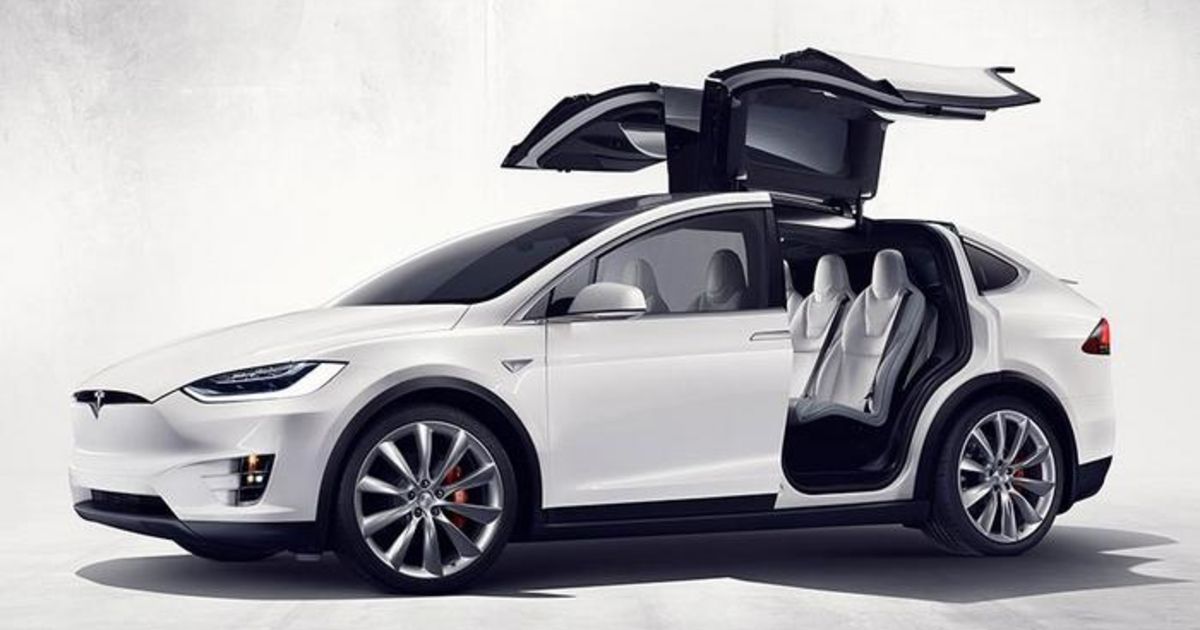
EV juggernaut Tesla accounted for more than 20 percent of total U.S. luxury segment sales in the first quarter, according to Automotive News Research & Data Center estimates.
Meanwhile, last year’s luxury sales champ BMW managed to deliver an uptick in sales while most of its legacy rivals fell. The German marque was one of just three major luxury brands to post a year-over-year sales gain in a market roiled by tight inventory and parts shortages.
BMW secured a 9,349-vehicle advantage over Lexus in the first quarter.
According to Cox Automotive data, as of March 21, BMW had a 30-day supply of vehicles, compared with a 37-day pool for the overall luxury segment.
BMW is doing a “tremendous job” of working around supply chain problems, said Mark Smith, president of Principle Auto in San Antonio, which operates two BMW stores.
In the latest quarter, BMW sold 73,714 vehicles, up 3.2 percent. Light trucks accounted for 61.5 percent of the brand’s quarterly sales.
Meanwhile, Lexus delivered 64,365 vehicles, down 13 percent from a year earlier.
BMW also extended its lead over rival Mercedes-Benz, with a nearly 11,500-vehicle advantage in the January to March period.
But BMW’s three-year streak atop the U.S. luxury sales leaderboard looks to be over.
While Tesla does not break out sales by market, the Automotive News Research & Data Center estimates Tesla delivered 110,000 cars and crossovers in the first quarter, jumping 42 percent from a year earlier.
Tesla’s momentum is more accurately reflected in registration data, which is a lagging indicator of deliveries and does not specify actual sales in a specific period.
According to data from Experian, Tesla’s January registrations soared 49 percent from a year earlier to 37,162, while BMW registrations rose 8.2 percent to 30,563.
The total U.S. luxury sales sector fell 10 percent to 503,709 cars and light trucks in the first quarter, still faring better than the broader industry’s 16 percent decline.
Mercedes continued to lose ground as it grappled with production shortfalls caused by tight semiconductor supplies. First-quarter U.S. deliveries tumbled 20 percent to 62,251.
Among other luxury brands, Audi reported sales of 35,505 in the quarter, down 35 percent from a year earlier.
Genesis was off to a strong start in 2022 — deliveries in the first quarter accelerated 43 percent to 11,723. The Korean luxury brand outsold its more established rival Infiniti, which suffered the segment’s steepest year-over-year decline, diving 41 percent.
Porsche’s first-quarter sales dropped 25 percent to 13,042. In addition to supply chain production stoppages, the sports car brand lost about 1,100 U.S.-bound vehicles to a ship fire in the Atlantic Ocean in February.